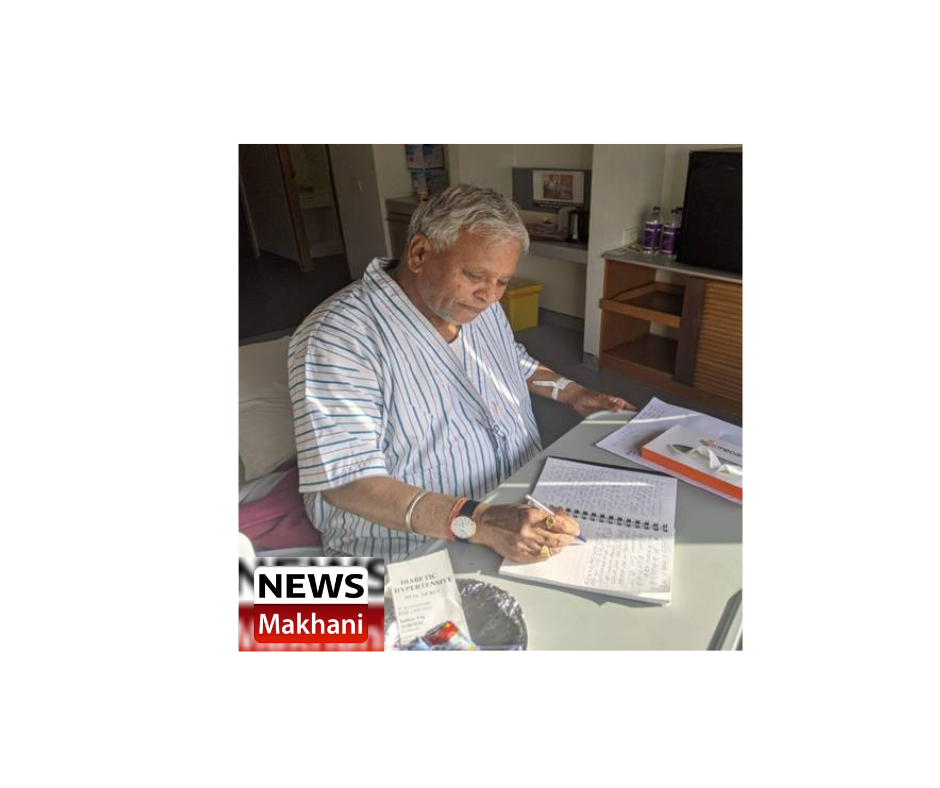Shri Rattan Lal Kataria Expresses Pleasure on Jal Jeevan Mission Crossing the 4 Crore Mark
April 2nd
The Minister of State for Jal Shakti, Shri Rattan Lal Kataria expressed his pleasure and congratulated the officials as Jal Jeevan Mission crossed the 4 Crore mark in providing new functional household tap connections (FHTC) to rural households. As on date, over 38% of the rural population has been covered in total out of which 21.14% of households have been provided with tap water connection since launch of the Mission by Prime Minister Shri Narendra Modi in 2019. So far, 58 districts,711 blocks,44,459 Panchayat and 87,009 villages have ensured 100% coverage of FHTC. Shri Kataria continues discharging his official work through the Digital platform despite testing positive for Corona Virus last week and being admitted in a hospital for treatment. Shri Kataria was also informed about the successful Pilot project for effectively monitoring water supply in villages – executed in 5 states using the Internet of things (IoT) technology based sensors. This has been done in collaboration with Tata Community Initiatives Trust (TCIT) and Tata trusts. The villages spread across 5 states namely Uttarakhand,Rajasthan,Gujarat,Maharashtra and Himachal Pradesh covering various Agro climatic zones, were identified for this pilot. The IoT shall give real time information to public health officials,members of Village water supply committee (VWSC), general public regarding the quantity and quality of water supplied to users. It shall make use of sensors to observe flow, pressure level, chlorine analyzer as well as the level of ground water. It shall help prevent supply of unfit water, arrest leakages and provide valuable info to VWSC to plan for source development and augmentation. The success of Pilot project has motivated states to actively deploy this technology. Several States, including Gujarat, Bihar, Haryana, and Arunachal Pradesh, have already rolled out tenders for IoT-based remote monitoring systems ranging from 500 villages to several districts. Further, States like Sikkim, Manipur, Goa, Maharashtra, Uttarakhand have started the process to roll out this technology.

 हिंदी
हिंदी






